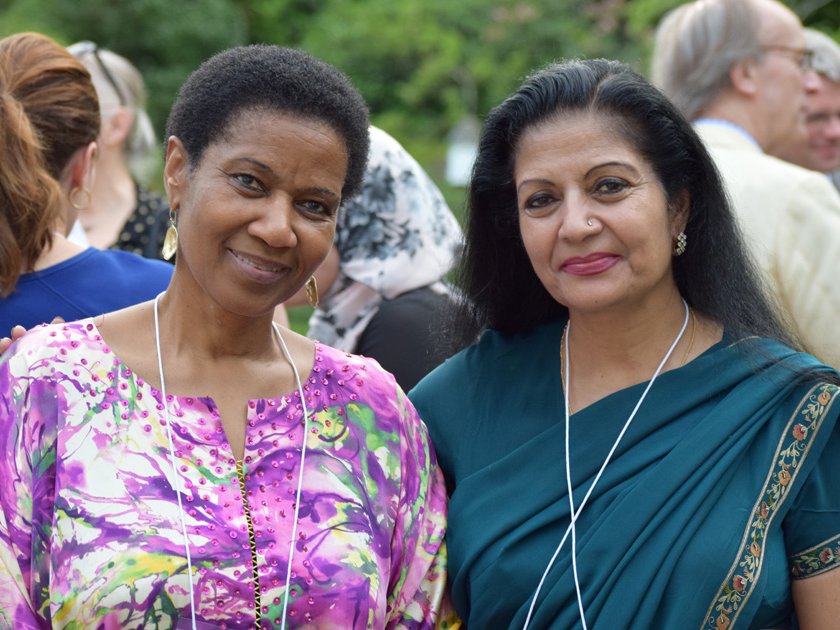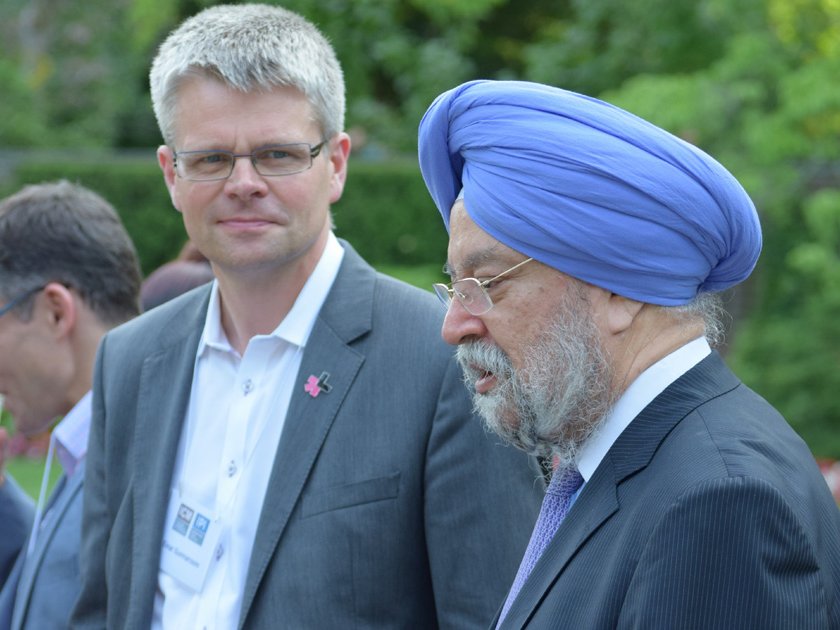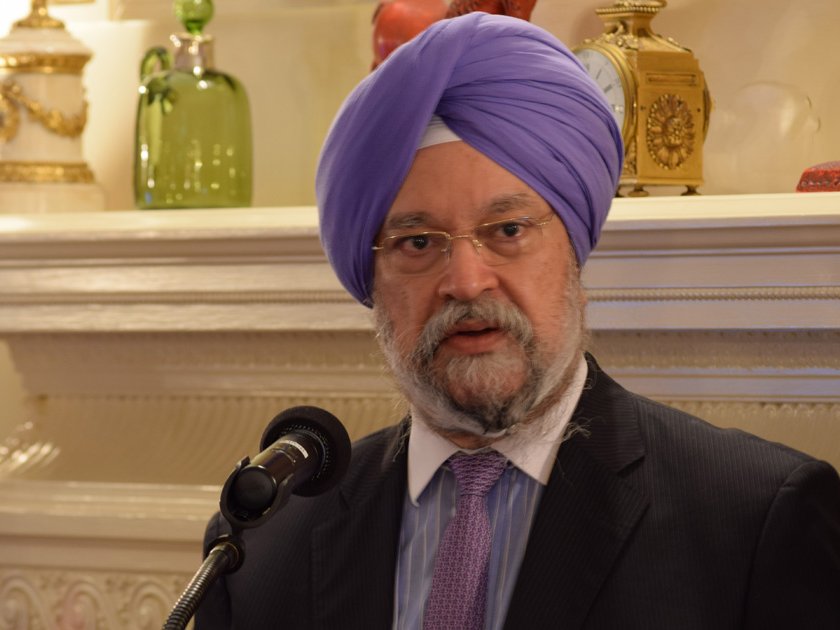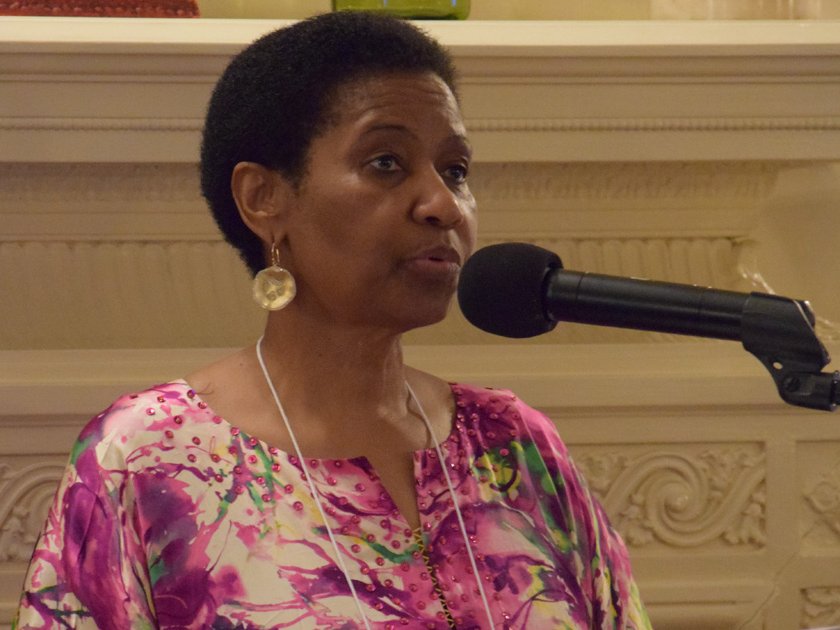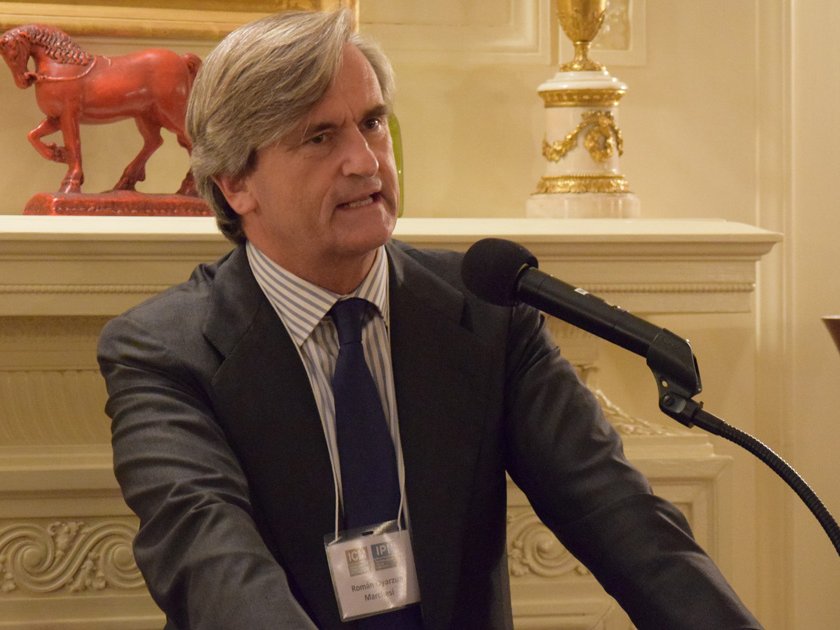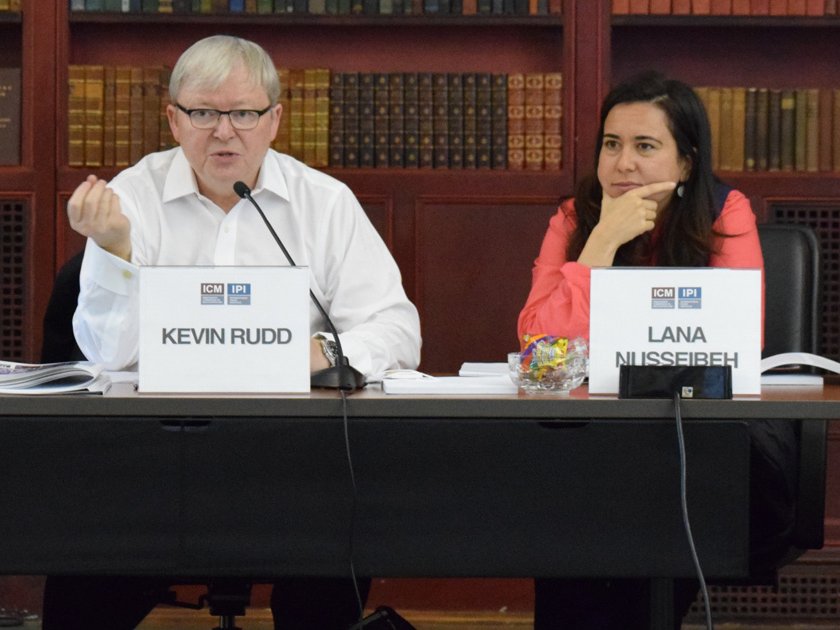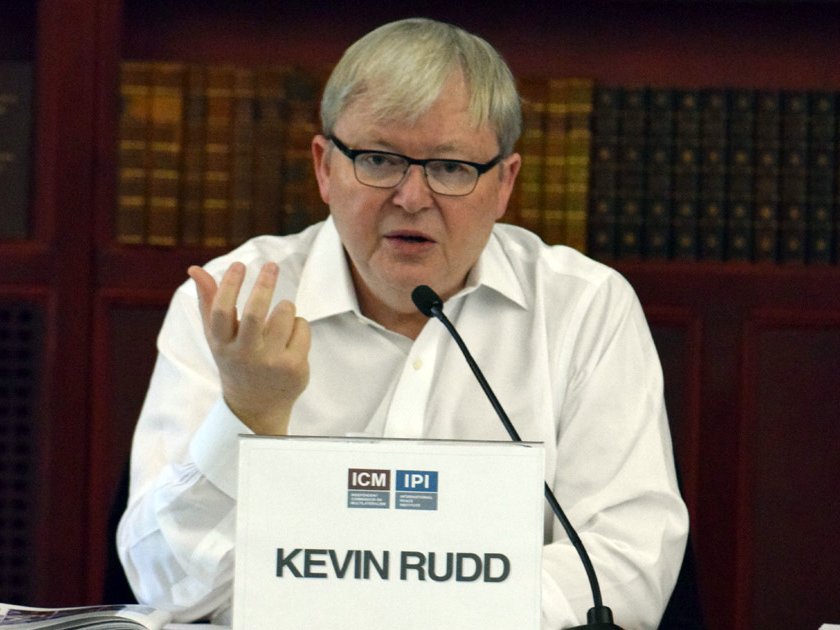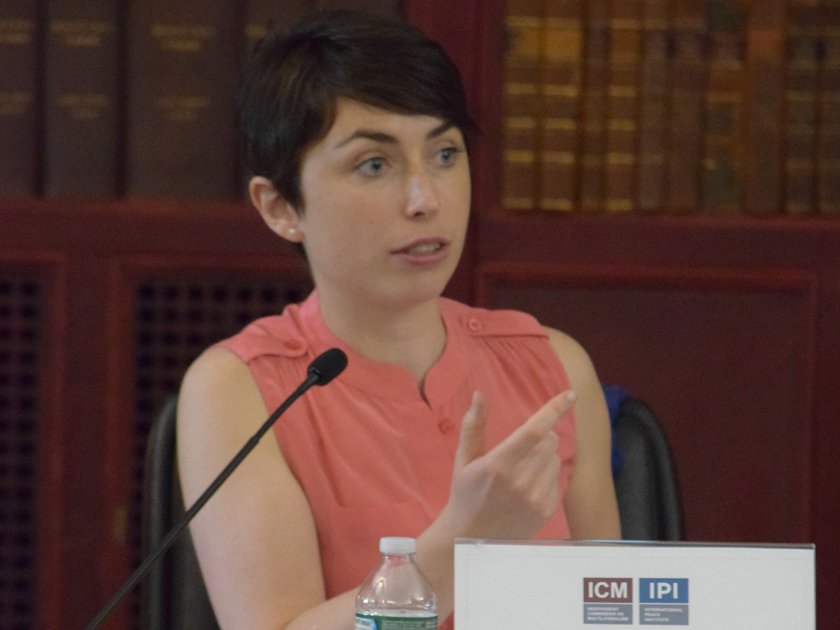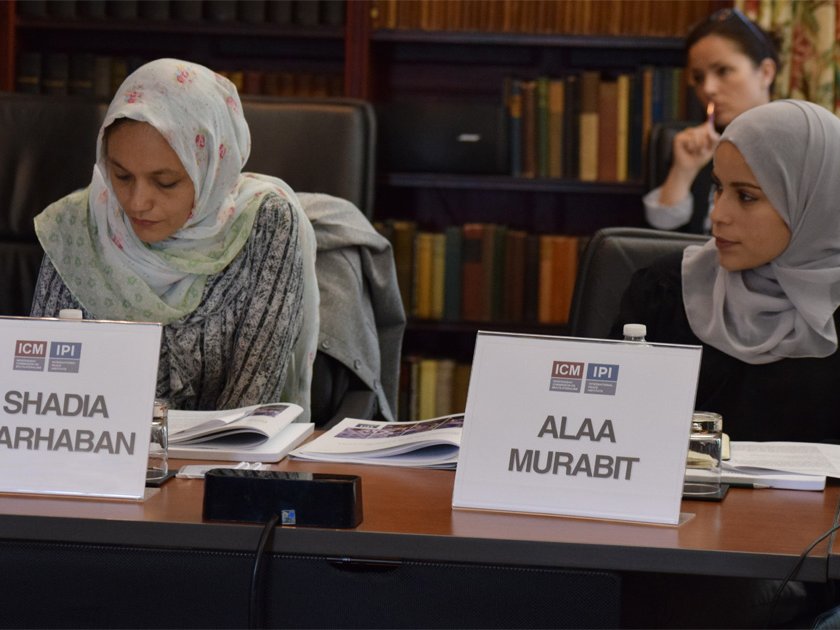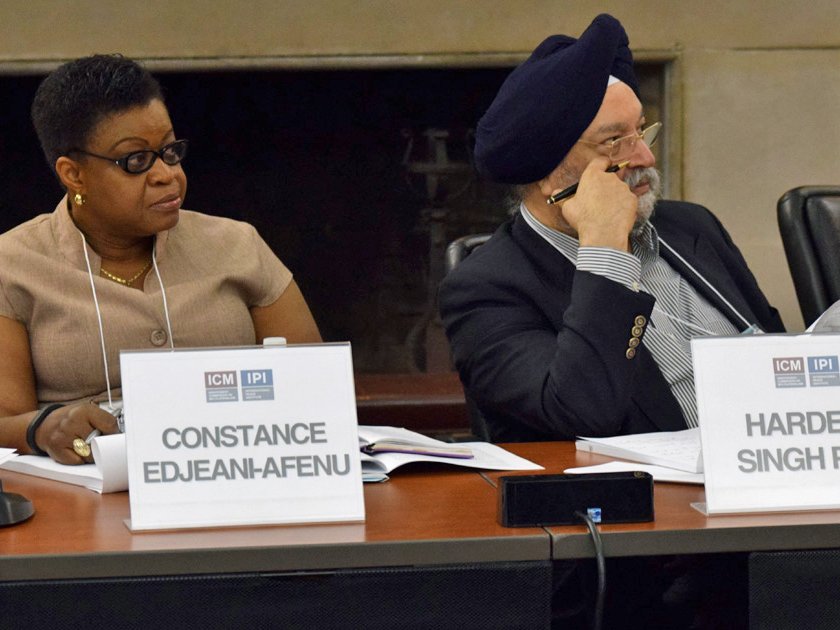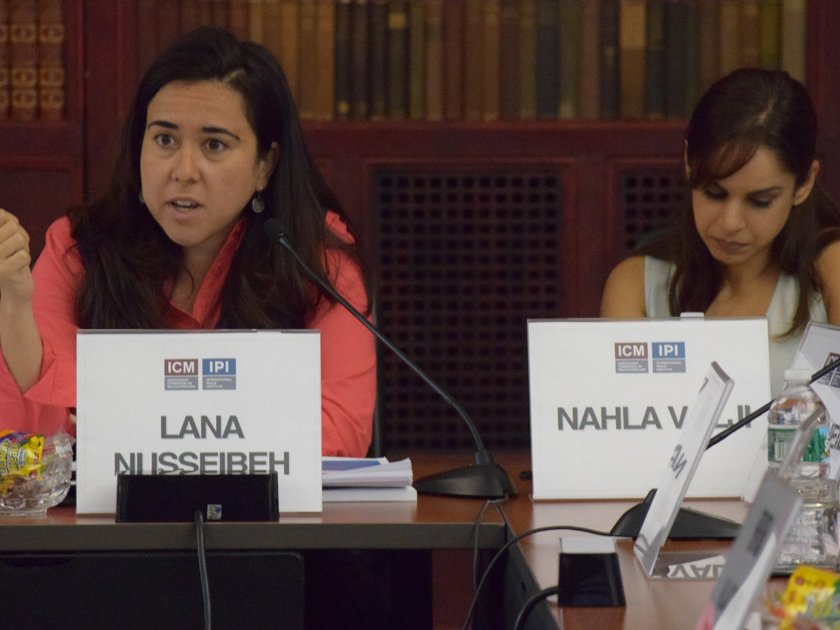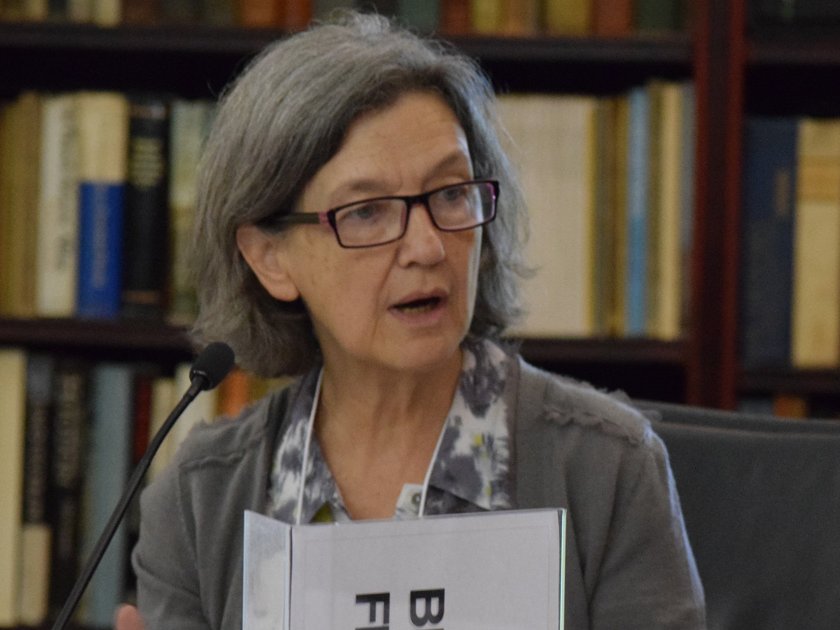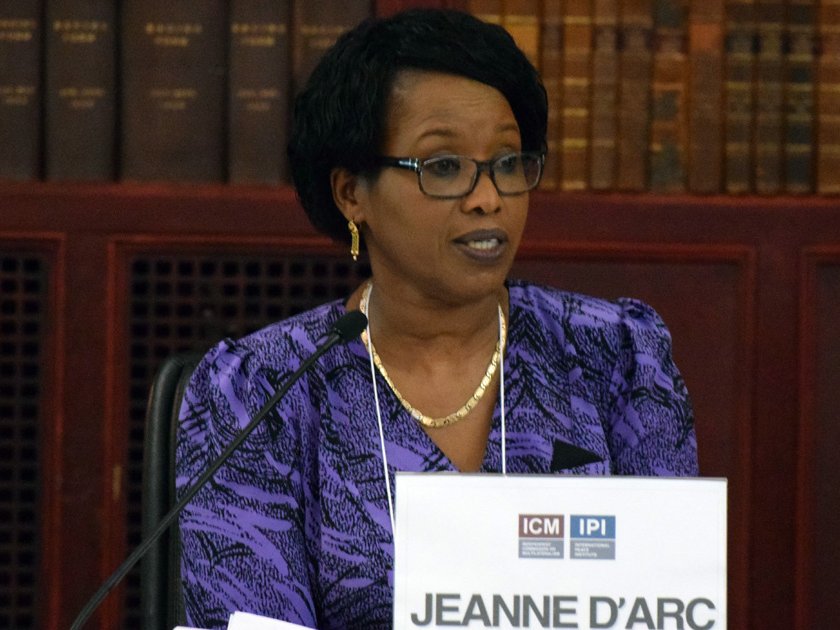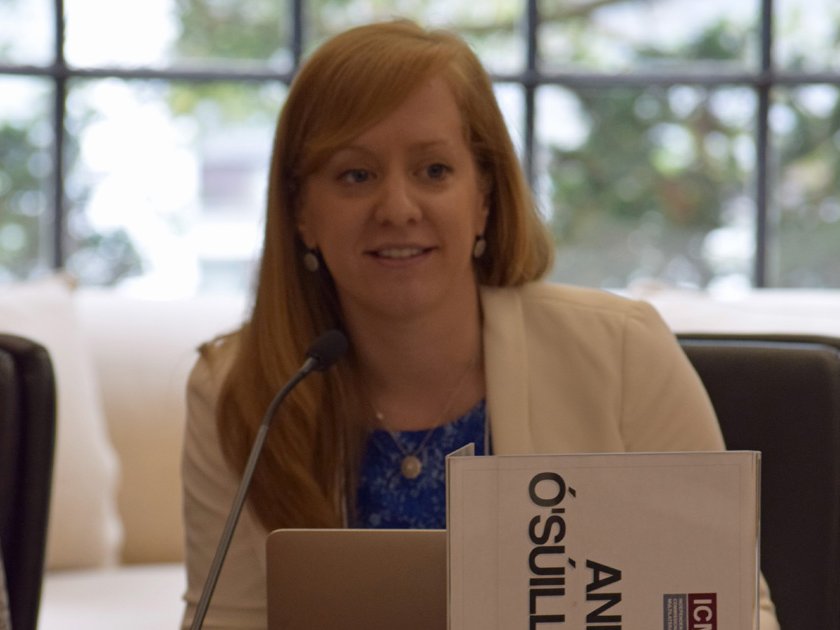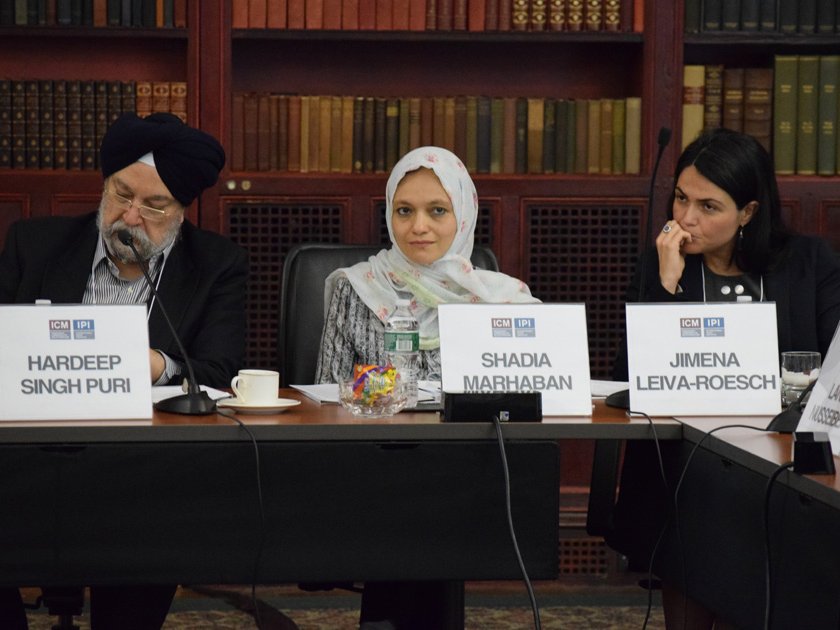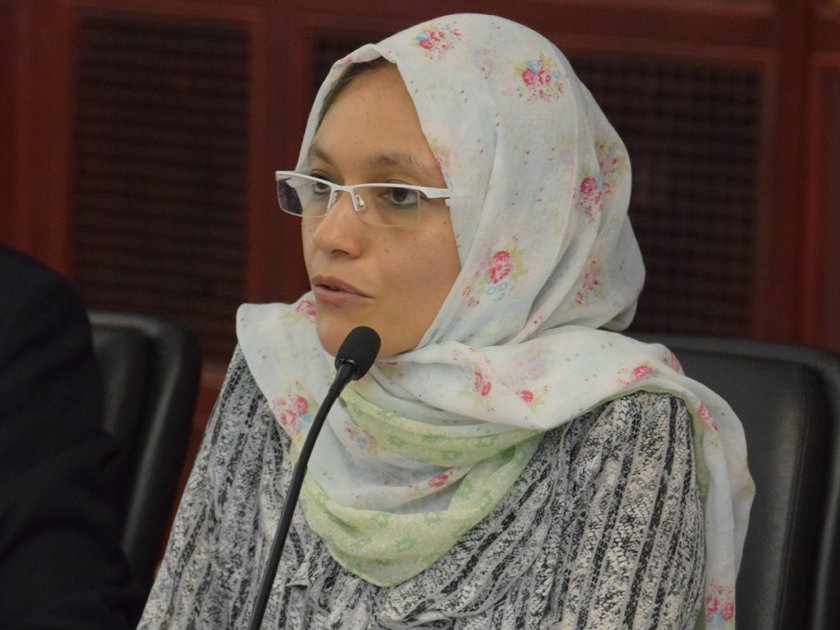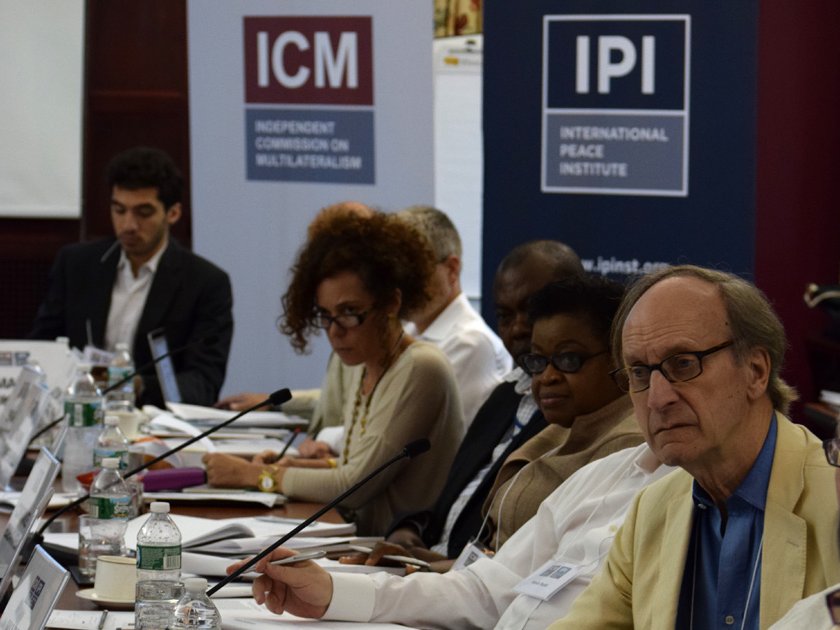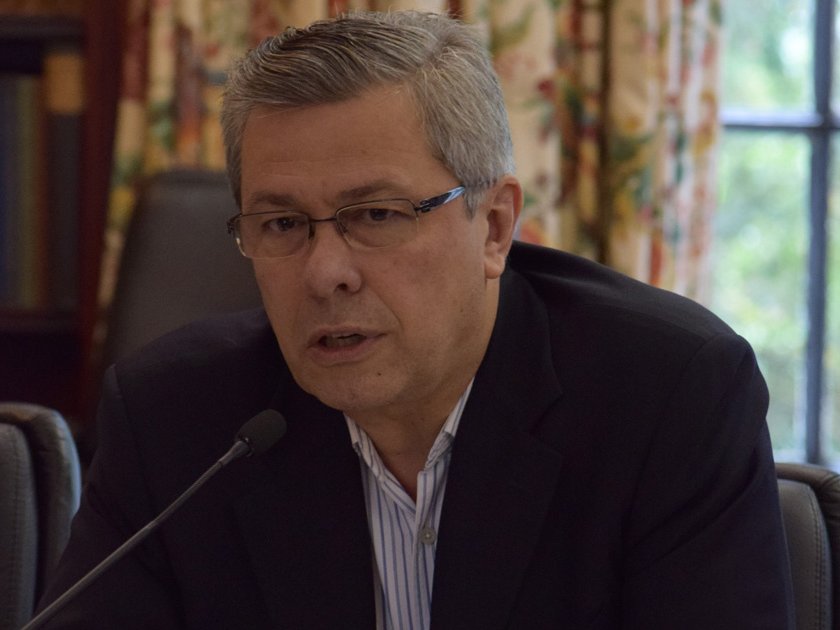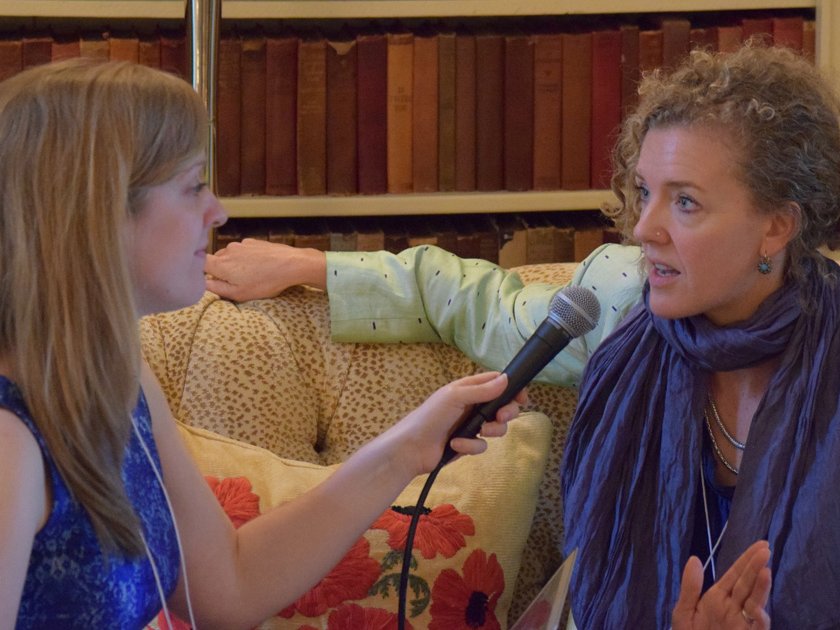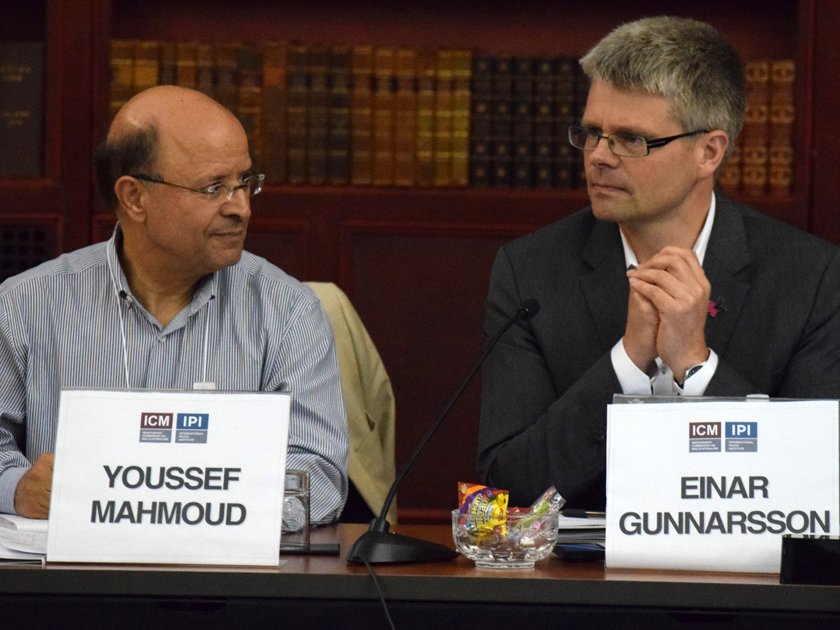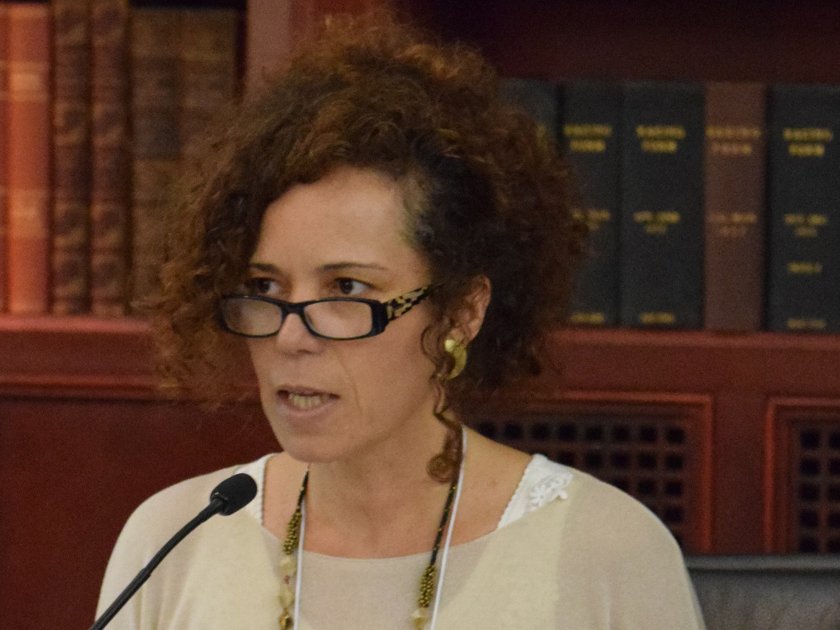How can the multilateral system embrace women’s participation in peace and security processes and implement the objectives of UN Security Council Resolution 1325? These were the key questions at the ICM’s fifth retreat held on June 19-20. Thirty UN ambassadors, experts, and practitioners representing governments and civil society organizations convened to examine some of the challenges in the multilateral system toward advancing women’s security and empowerment and opportunities to close the implementation gap for Resolution 1325, which highlights the important role of women in the resolution and prevention of conflicts.
This ICM retreat was organized around three main sessions. The first examined the gap between multilateral frameworks on women, peace, and security and their implementation, exploring how progress can best be advanced in the coming decades. The second session unpacked the links between the women, peace, and security agenda and inclusive development, and explored the implications for the multilateral system’s approach. The third session addressed women’s participation in peace and security processes in particular, asking how the international system can better support women as agents of change.
Discussions were held under the Chatham House Rule of non-attribution and were moderated by ICM Chair Kevin Rudd and ICM Secretary-General Hardeep Singh Puri. Her Excellency Phumzile Mlambo-Ngcuka, United Nations Under-Secretary-General and Executive Director of UN Women gave the keynote address and His Excellency Román Oyarzun Marchesi, Permanent Representative of Spain to the UN, gave closing remarks.
Read about the Public Consultation>>
Read the ICM Interviews with:
Einar Gunnarsson
Antonia Potter Prentice
Román Oyarzun Marchesi
Phumzile Mlambo-Ngcuka
Rina Amiri

